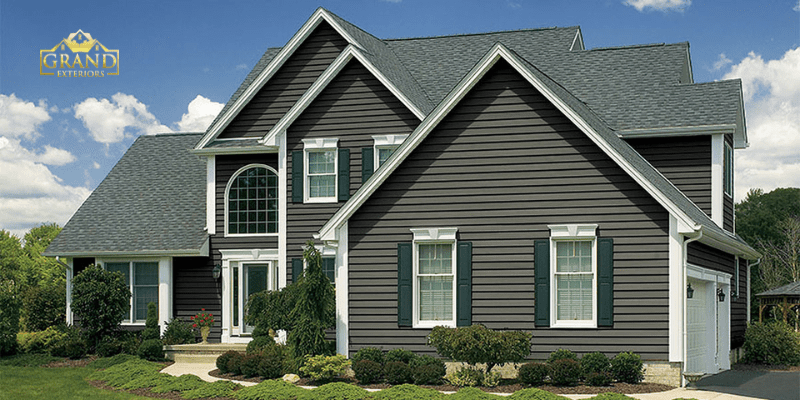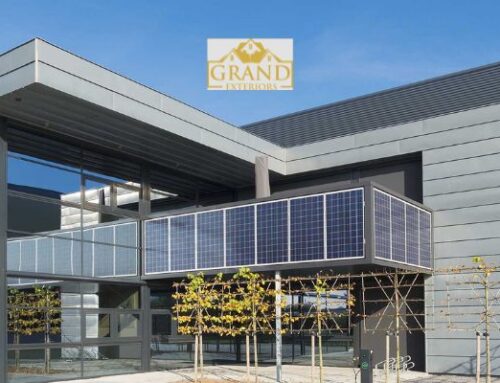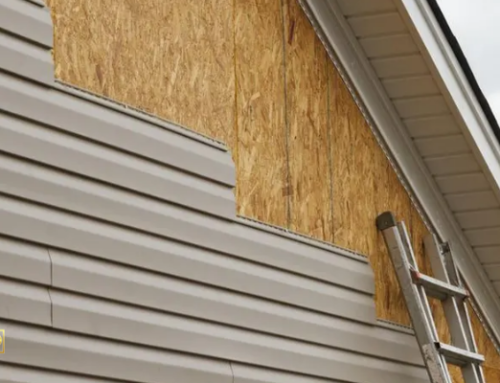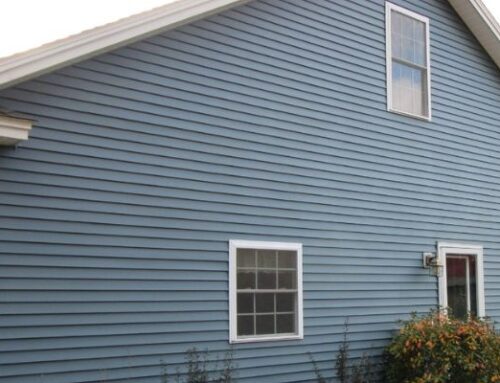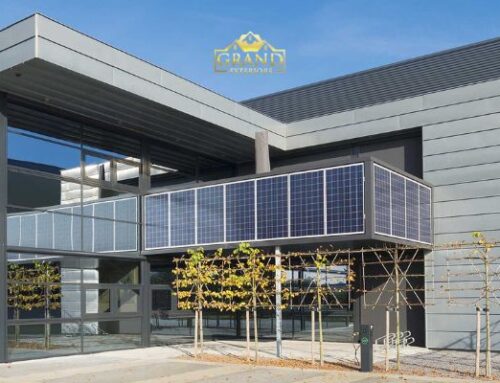In the quest for sustainability and energy conservation, homeowners are increasingly recognizing the pivotal role that their residential siding plays. Beyond merely serving as an aesthetic feature, the siding of a home serves as a critical barrier against external elements, influencing its energy efficiency in profound ways. Yet, the significance of professional residential siding services often remains overlooked amidst the myriad of eco-conscious choices homeowners face.
In this blog, we embark on a journey to unveil the transformative potential of professional residential siding services in maximizing energy efficiency. We’ll delve into the intricate relationship between siding materials, installation techniques, and energy conservation, shedding light on how homeowners can harness these factors to create more sustainable living spaces.
Join us as we explore the tangible benefits of investing in expert siding solutions, empowering homeowners to not only enhance the comfort and aesthetics of their homes but also to reduce their environmental footprint and contribute to a greener future.
Understanding the Impact of Siding on Energy Efficiency:
The siding of a home serves as its first line of defense against external elements such as heat, cold, wind, and moisture. Depending on the material and quality of the siding, it can either help regulate the interior temperature or contribute to energy loss. For example:
- Insulated siding materials, such as vinyl with foam backing or fiber cement, provide better thermal resistance, reducing the need for excessive heating or cooling.
- Properly installed siding can create a tight seal around windows, doors, and other openings, preventing air leakage and drafts.
- Reflective siding options, like certain types of metal or light-colored materials, can deflect solar heat, keeping the interior cooler in warmer climates.
Benefits of Professional Residential Siding Services:
While some homeowners may attempt DIY siding installation, professional services offer several advantages:
- Expertise: Experienced siding professionals have the knowledge and skills to assess a home’s unique requirements and recommend the most suitable siding materials and installation techniques.
- Quality Workmanship: Professional installation ensures that siding is properly fitted, sealed, and aligned, minimizing the risk of air leakage and maximizing energy efficiency.
- Longevity: Professionally installed siding is more likely to withstand the test of time, reducing the need for frequent repairs or replacements.
- Warranty Coverage: Many professional siding companies offer warranties on their products and services, providing homeowners with added peace of mind.
Choosing the Right Siding Material:
When selecting siding for energy efficiency, homeowners should consider factors such as:
- Insulation Value: Look for materials with high R-values, indicating better thermal resistance.
- Durability: Choose siding materials that can withstand the climate conditions in your area, reducing the risk of damage and heat transfer.
- Sustainability: Opt for eco-friendly siding options, such as recycled materials or those with minimal environmental impact.
- Aesthetics: While energy efficiency is important, homeowners should also consider the visual appeal of the siding and how it complements the overall design of their home.
Additional Energy-Saving Measures:
In addition to installing energy-efficient siding, homeowners can further enhance their home’s energy performance by:
Enhanced Insulation:
Professional residential siding services can provide homeowners with access to high-quality siding materials that offer superior insulation properties. By upgrading to insulated siding options such as vinyl with foam backing or fiber cement, homeowners can significantly reduce heat transfer through exterior walls. This improved insulation helps maintain a consistent indoor temperature year-round, reducing the need for heating and cooling and ultimately lowering energy bills.
Air Sealing:
Proper installation of siding is essential for creating a tight seal around the home, preventing air leakage and drafts. Professional siding installers have the expertise to ensure that siding panels are securely fastened and sealed at joints and seams, minimizing opportunities for air infiltration. By eliminating drafts and maintaining airtightness, homeowners can improve indoor comfort levels and reduce energy waste associated with heating and cooling.
Moisture Management:
In addition to improving energy efficiency, professional siding services can also help protect the home from moisture damage. Siding acts as a barrier against rain, snow, and humidity, preventing water infiltration and moisture buildup within the walls. By selecting moisture-resistant siding materials and ensuring proper installation, homeowners can mitigate the risk of mold growth, rot, and structural damage, thereby prolonging the lifespan of their home’s exterior and minimizing maintenance costs.
Long-Term Savings:
While the upfront cost of professional siding installation may seem daunting, it’s important to consider the long-term savings and benefits it provides. Energy-efficient siding can significantly reduce heating and cooling costs over time, resulting in lower utility bills and increased savings for homeowners. Additionally, durable siding materials require minimal maintenance and upkeep, saving homeowners time and money on repairs and replacements in the future. By investing in professional residential siding services, homeowners can enjoy lasting energy efficiency and peace of mind knowing that their home is well-protected against the elements.
Environmental Impact:
Beyond the financial benefits, professional siding services also offer environmental advantages. By reducing energy consumption and reliance on fossil fuels, energy-efficient siding helps lower greenhouse gas emissions and mitigate climate change. Additionally, many siding materials are now available in eco-friendly options made from recycled or sustainable materials, further reducing their environmental footprint. By choosing professional siding services, homeowners can make a positive impact on the planet while creating a more comfortable and sustainable living space for themselves and future generations.
Conclusion:
Professional residential siding services play a crucial role in maximizing energy efficiency and reducing energy consumption in homes. By choosing the right siding material, investing in expert installation, and implementing additional energy-saving measures, homeowners can create a more comfortable, sustainable, and cost-effective living environment. Whether it’s lowering utility bills, reducing carbon footprint, or enhancing curb appeal, upgrading residential siding is a smart investment with long-lasting benefits for both homeowners and the planet.
